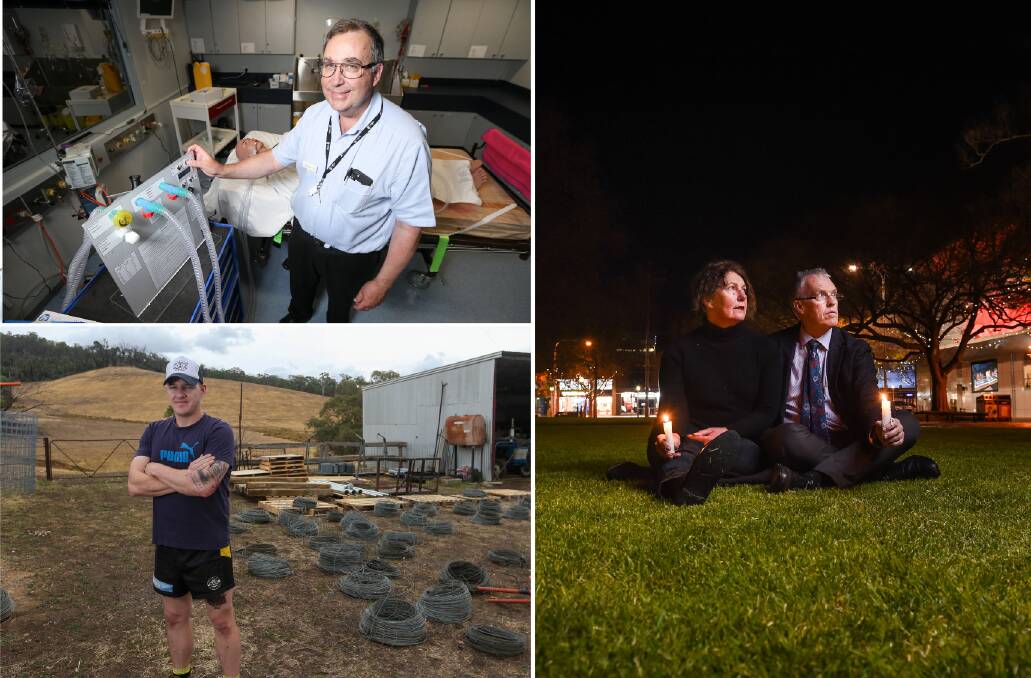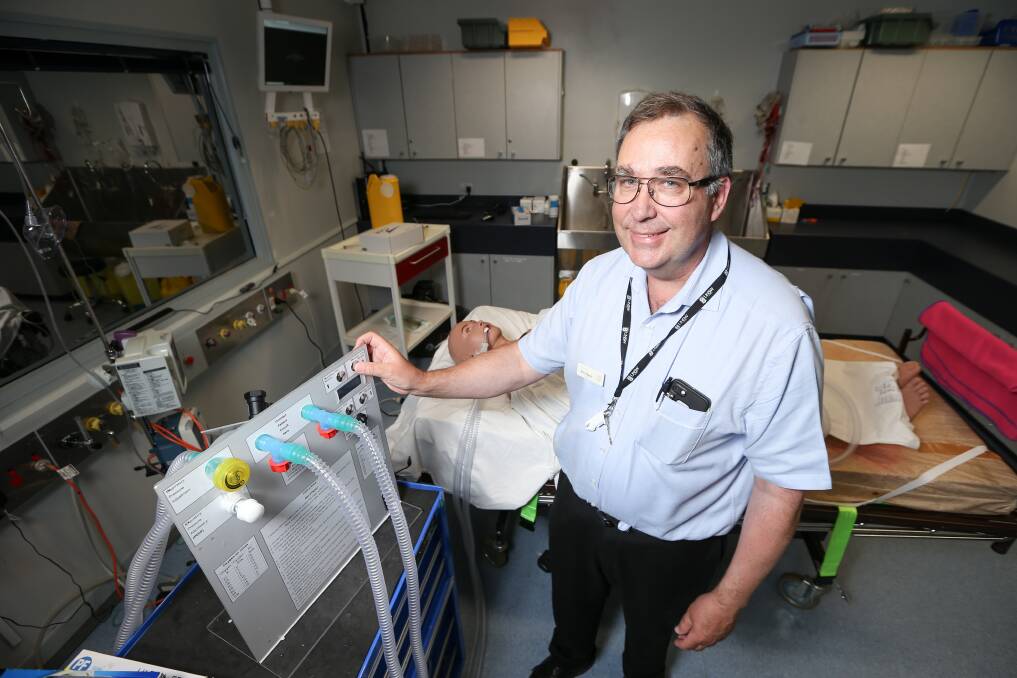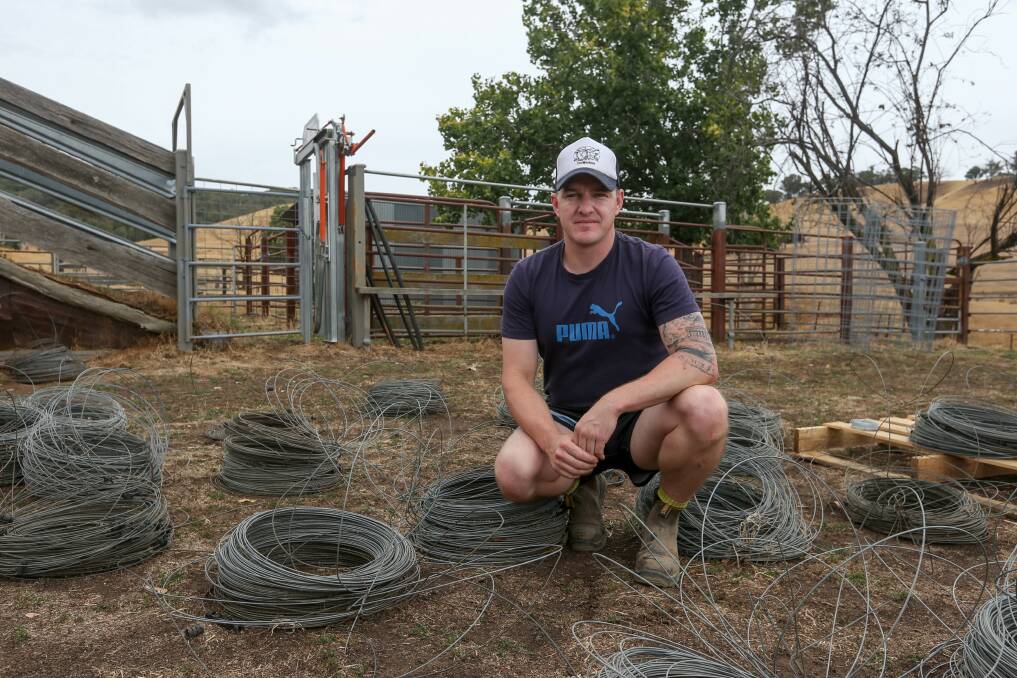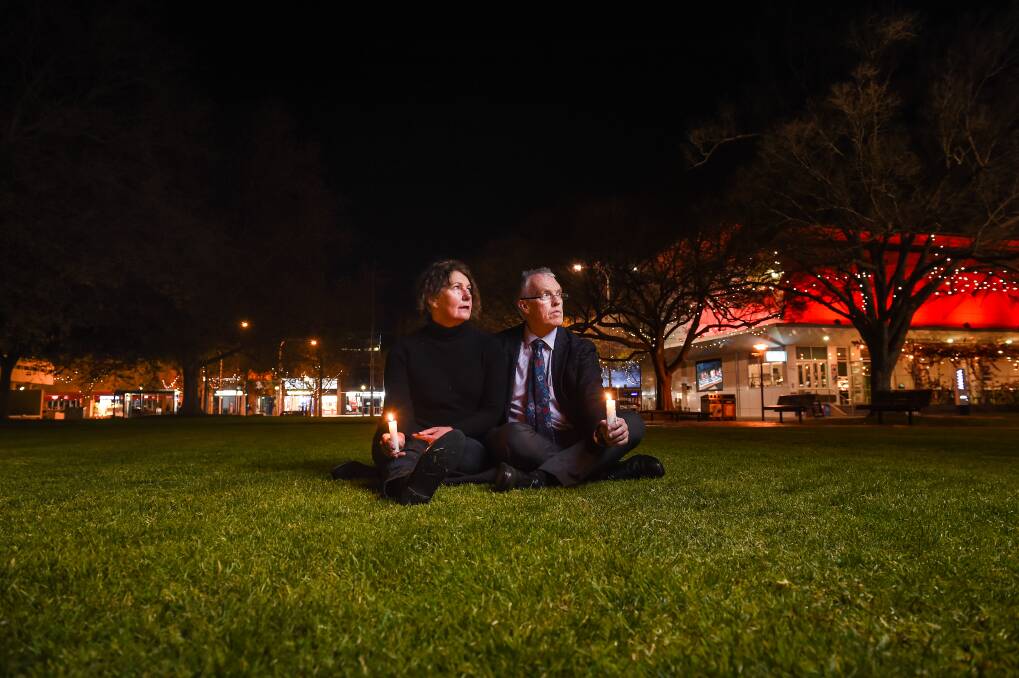
Twenty-twenty has taught us many things.
Subscribe now for unlimited access.
$0/
(min cost $0)
or signup to continue reading
So it is only fitting for the theme of this year's Australia Day to be Reflect, Respect, Celebrate.
Across the Border and North East, the past 12 months have been some of the most challenging yet, but have shown the strength of our towns and our people.
We reflect on the devastating bushfires, border closures and all that came with the global pandemic, respect the ongoing struggles and celebrate the resilience of our community, and most importantly our people.
There has been a record number of people nominated for an Australian of the Year Award this year, more than 5500, and while only about 130 people were selected as state and territory finalists, many everyday heroes were nominated by someone in their community or field of endeavour.
Award organiser the National Australia Day Council is celebrating all those who were nominated by highlighting other local contributions worthy of respect and celebration on Australia Day - the everyday heroes.
These are the stories of just three of those local legends.
Eric Moyle
Intensive care doctor and medical school educator Eric Moyle was faced with a worrying concern at the beginning of the pandemic - a shortage of ventilators.
So he made his own.

In collaboration with University of NSW Rural Clinical School campus' technical specialist Justin Ford, the pair sourced materials and had a working ventilator in just two days.
And while humbled by the nomination to the Australian of the Year Awards, Dr Moyle acknowledges the strength and resilience of the entire Albury-Wodonga community.
"It is quite overwhelming and greatly appreciated the thought is there, but it was definitely a team effort," he told The Border Mail.
"It has been impressive to see everyone working together against this new disease.
"Everyone has worked very hard to stay on top of all the information and keep abreast of it all as it comes to hand with this pandemic.
"On top of that we have all our normal illnesses coming through the hospital and to try and integrate those with the need for isolation and need to try and anticipate a sudden influx of patients is obviously very chaotic.
"The staff have done exceptionally well to try and integrate all those requirements together during this time."
While there was no intention, or need, to use the machine Dr Moyle made, the hand-made creation, which cost just $300 using disposable medical supplies, valves you would find in a garden watering system and electronics, helped medical students think outside the box.
"We now have to teach in much smaller groups and initially we had to go onto Zoom lectures which is a far less interactive way to teach," Dr Moyle said. "Our simulation teaching we have had to limit the class sizes so we have to repeat classes with those smaller numbers.
"We also have to be mindful of the students health when they get clinical exposure working in the hospital.
"It has definitely been a learning curve for us as teachers as well as for the students - a definite balancing act." Dr Moyle will be spending Australia Day at the Albury Botanic Gardens ceremony where he hopes to listen to other nominees and celebrate the diverse community in Albury-Wodonga.
"I think it is important to try and see how much the world has changed, to try and pick the good things out of the change and take this as an opportunity to try and go forward and to see how we can improve rather than reflecting on the negatives," he said.
Jamie Wolf
When the 2019-20 summer bushfires ripped through the Upper Murray and North East, Jamie Wolf leapt into action.
And more than 12 months on - he is still going.
The Fencing for Fires founder said while it started out with just him, his father Alex and a few mates, the initiative grew quickly and has helped those worst affected get back on their feet.

"It has been a mammoth year - and we are still at it," Mr Wolf said.
"While there has been a lot of fencing done, it is also about just lending a hand.
"Sometimes all they need is someone to help them move something.
"Reflecting on the year, it was definitely a physical and mental challenge, but at the end of the day the reward is to see people get their lives back and their properties back.
"That is the main thing because people were living in conditions for far too long that they just shouldn't have been.
"The friends you made, working together with my family have been the most rewarding parts of it."
Mr Wolf said Australia Day is a great time to reflect on the past year but also celebrate the strength of our community. "First and foremost the guys who were fire-affected, whilst some of them faced the most difficult thing you could ever face in losing everything, they continue to push through.
"Being able to go and speak face to face with them and let them know someone was still willing to give them a hand that is where is was really good to see.
"The wider community who chipped in and donated time or funds was just massive and I think that is just typical of being Australian - when the chips are down we lift everyone back up."
Mr Wolf said he might be in the Upper Murray fencing on Australia Day, but intends to have a beer and put his feet up at some point.
"I think regardless of people's different opinions about the date, Australia Day is a time for everyone to really celebrate who we are as people and to reflect on what was a bloody tough year," he said.
Annette Baker
A decade on and the Bakers are still fighting for the Border's mental health.
Annette Baker, alongside her husband Stuart, have been campaigning for greater mental health awareness, to reduce the stigma around suicide and to remember their daughter Mary as best they can.
The founders of Survivors of Suicide and Friends support network have been working for almost 10 years in Mary's memory after her suicide in 2011.
"We still miss her everyday," Mrs Baker said.
"Ten years feels like one year and while we have achieved a lot in that time we will continue to push for better support and greater awareness in our community and across the country."
Mrs Baker said while organisers of the annual Winter Solstice event in QEII Square had to "pivot" and rethink the 2020 event, it had been a blessing in disguise.
"I am glad we made the decision to still hold solstice last year and the reaction to it was huge," she said.

"I think we reached nearly 30,000 people with the virtual event and that just goes to show how important it is for a lot of people and how far we can reach when we think a little bit differently.
"While it was hard to get our heads around, the event had great success.
"It really confirmed how important the event is for people who are struggling with their mental illness, who are just supporting someone, but also very much for people who have had a loved one die by suicide and haven't found anything to attend."
Mrs Baker said the global pandemic had highlighted the need for digital support in a time when physical support networks were unavailable.
"While COVID was not great and the suicide numbers are not good ... we feel we have achieved something by not just cancelling the event, and instead doing it the way a lot of things are done these days," she said.
"Our social media has continued all throughout the year and we really hope that we can get the solstice documentary finished because that is another important thing in what we are working on."


